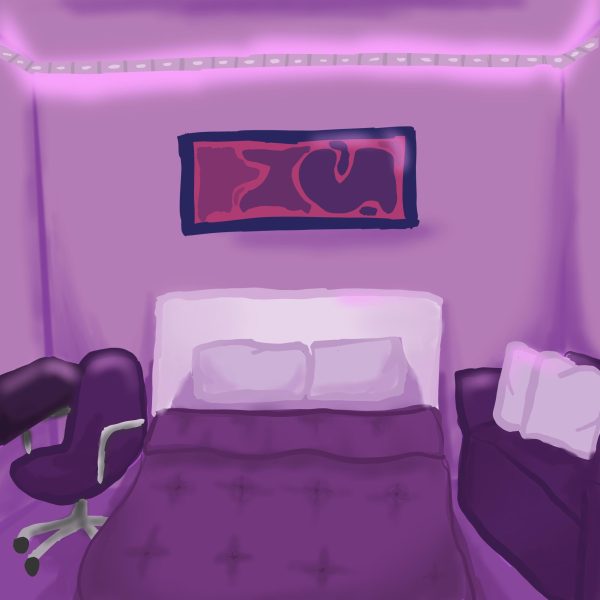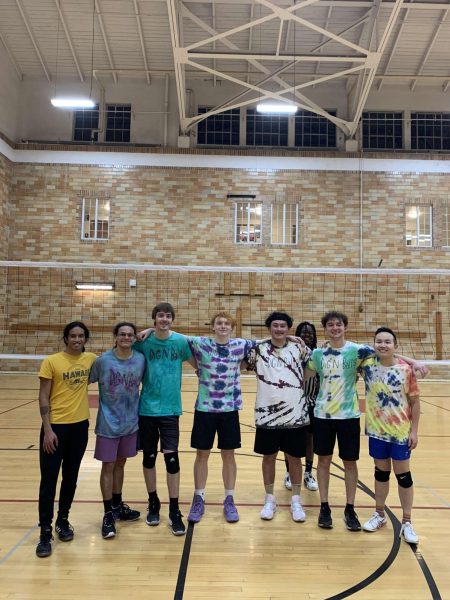Music’s biggest night, missing the mark
February 6, 2015
Vernon’s indie band, Bon Iver, had just been awarded Best New Artist over the likes of Nicki Minaj and Skrillex. Most of them had no idea who he was. It felt like a fluke.
“I want to say thank you to all the nominees, to all the non-nominees that have never been here and never will be here,” declared Justin Vernon to a roomful of befuddled pop sensations and music industry icons onscreen at the 2012 Grammy Awards.
This coming Sunday, the 57th Grammy Awards will descend upon the past year’s Top 40 culture, rounding up the usual suspects and breakout newcomers, but inherently missing the mark of representing what 2014 sounded like.
Vernon’s acceptance speech, a commentary on the unbalanced representation of music at the Grammy Awards, rattled the press as much as his audience. Archived articles and blog posts still recall its alleged denouncement of what we call music’s biggest night, but I remember it for a different reason. Vernon was right.
The Grammy Awards are, like many other prestigious recognitions, nothing more than a glorified popularity contest. Artists have historically criticized the ceremony for merely recycling the heavily monopolized side of the music industry, while marginalizing a more forward-thinking creative community. Even now, when it’s no longer groundbreaking for musicians to record, produce and release records completely on their own, music must be commercially released in the United States by a recognized record label to be eligible for a Grammy, according to grammy.org.
The digital era has made it easier than ever for unsigned artists to successfully market and distribute their own material. That kind of creative control is what shifts musical landscapes; it’s facilitated all the best movements in music. So why isn’t that side—the creative side—of modern music being celebrated?
There are, however, increasingly golden glimmers of the boisterous musical underground that seem to surface among the expected contenders. Like Vernon, jazz bassist and Portland native Esperanza Spalding won Best New Artist over Justin Bieber in 2011 — the first-ever jazz artist to win in that category. This year propagates a promising trend in Song of the Year nominations for Internet successes like Lorde, Sam Smith and Hozier. No matter how formidable talent at the Grammys may be, however, the spotlight is still wrongfully contingent upon their sales relationship with a major label.
“It’s a slice of the industry … it’s the biggest night in music,” Vernon said backstage after his two wins in 2012, “but there’s so much music out there that isn’t and can’t be represented in this one night.”
Music can’t be fully represented in one night, nor can it be represented by yearly lists of what was best or most listened to or sold the most copies. Music isn’t who’s at the Grammys, who’s nominated or who you’re rooting for in each category this Sunday night. If we really want to understand, we must pay attention to those who have never been there and never will be.




















